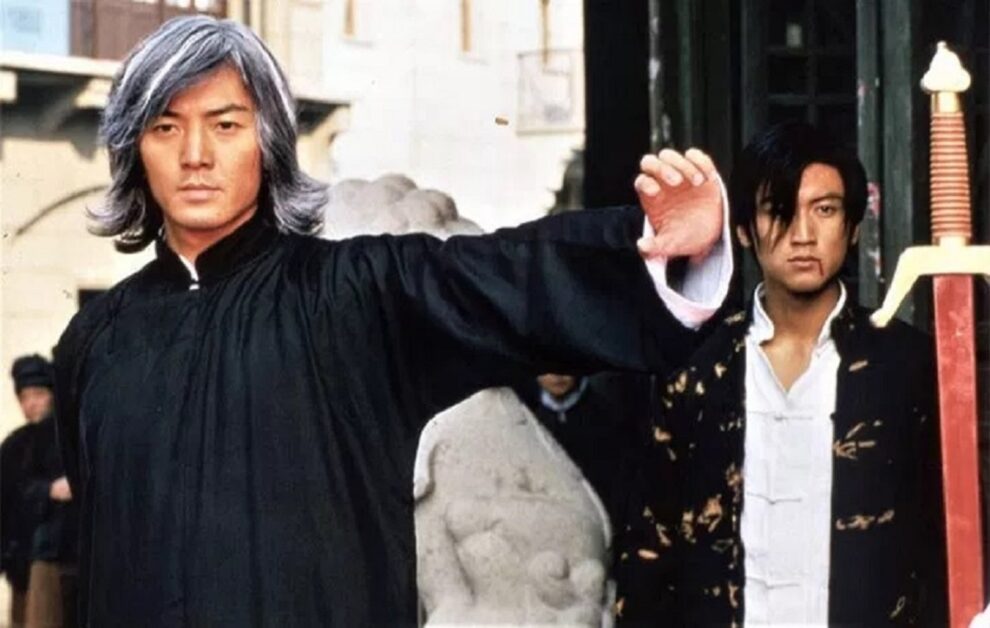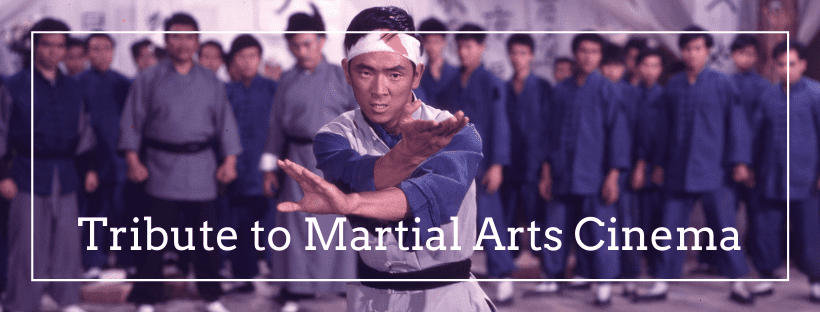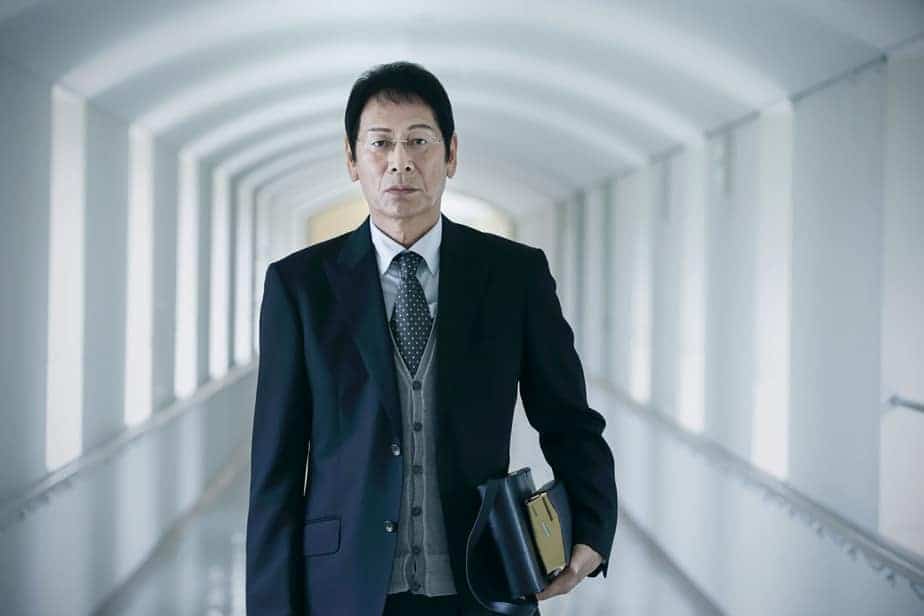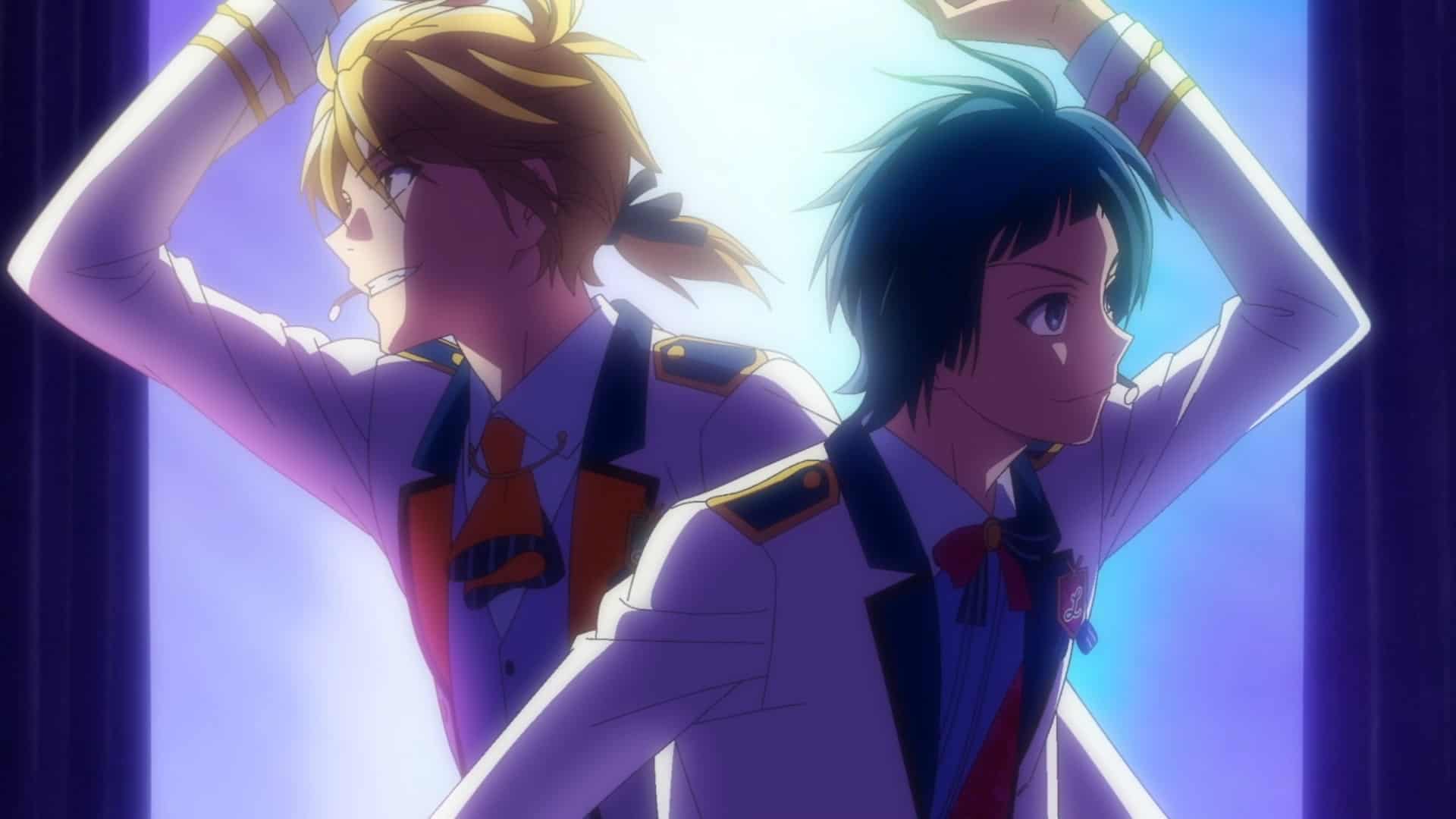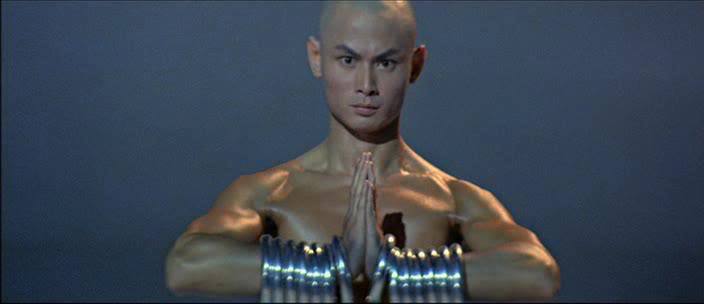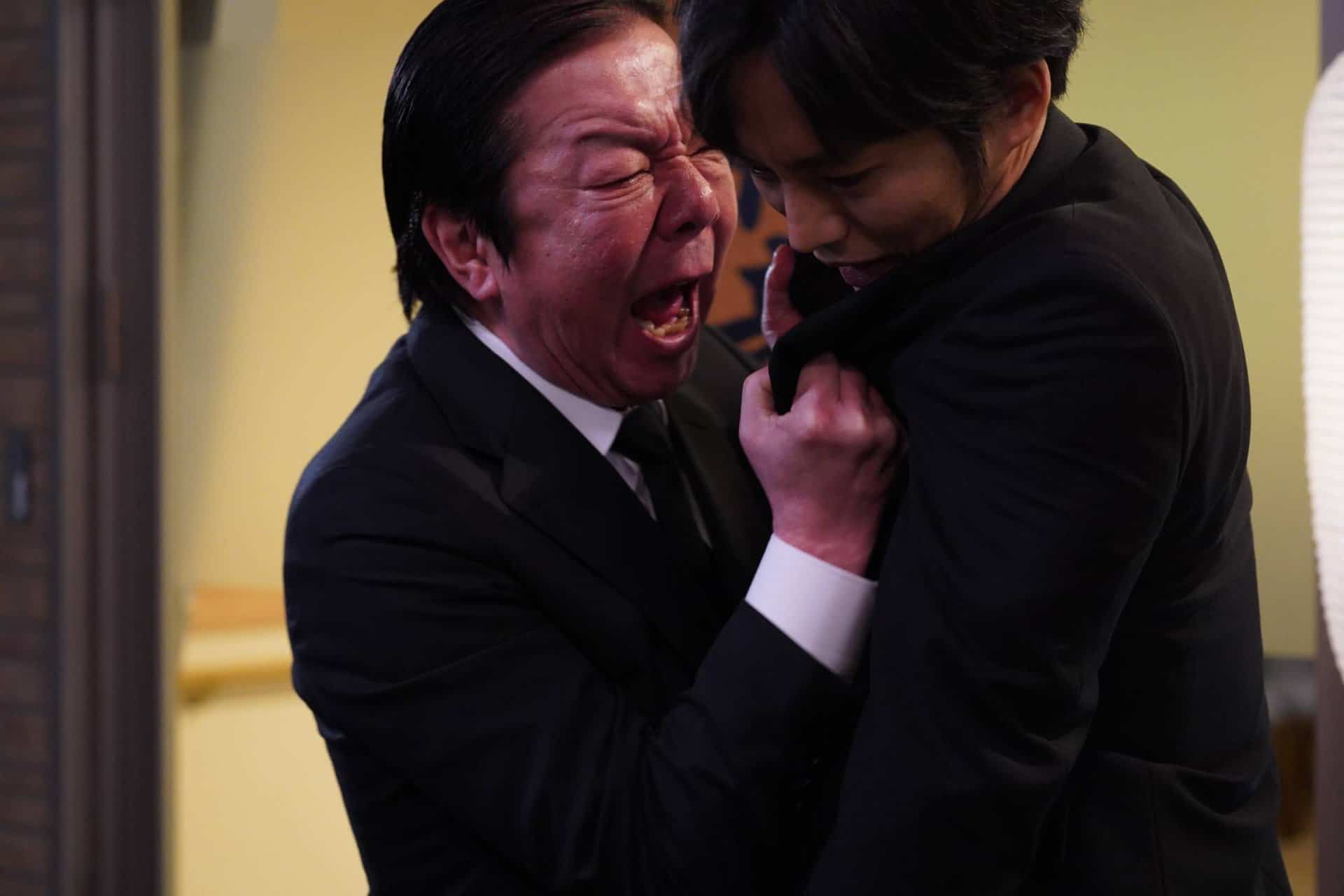Winner of the 1999 Golden Horse Award for Best Visual Effects, Andrew Lau's “A Man Called Hero” is a genuine wuxia film, which doubles intensely though, as a drama, in a rather appealing package that also benefits the most by the impressive cast. The movie would be a huge commercial success, amassing more than 23 million HK dollars upon its release.
Buy This Title
by clicking on the image below
The script is loosely based on the manhua series Chinese Hero: Tales of the Blood Sword by Hong Kong artist Ma Wing-shing and begins in early Republican China. After passing a test, Hero Hua is accepted by Pride, a master swordsman, as his second apprentice. When he returns home, he is horrified to see that his parents have been murdered by foreigners for opposing the opium trade. That night, Hero breaks up the foreigners' party and kills them in revenge. He spends the rest of the night with his lover, Jade. The next morning, he flees from China to avoid arrest and sails to America. 16 years later, Hero's childhood friend, Sheng, and Hero's son, Sword Hua, arrive in New York City on the first day of the Chinese New Year. They visit China House, the biggest inn in Chinatown, searching for information for Hero. Eventually, they meet monk Luohan, who turns out to have traveled with Hero from China, and sheds much information about the hardships they faced upon their arrival in the US. As more acquaintances from the past and the present appear, more details of Hero's story are revealed, in a saga that also involves Japanese ninjas, slave-labourers in Steel Bull Canyon, and an arch rival from Hero's past.
Hong Kong wuxia films shared two very distinct characteristics in their overwhelming majority. The script was never precise, but instead built around crucial scenes, almost always majestic action sequences, resulting in stories that are quite hard to follow. The second, that also adds to the first aspect, is the inclusion of scores of different characters, which in this case, actually benefit the end result, considering the rather impressive casting. Just a look at the supporting cast here highlights the fact in the most eloquent fashion, with Shu Qi and Sam Lee being two of the five ninjas, Elvis Tsui playing Bigot, a turncoat Chinese, Yuen Biao the Boss of China House and Anthony Wong Pride, with all of them, also being part of the action sequences of the movie.
In that fashion, and although the story is hard to follow, also due to the many flashbacks that point to different timelines, the action sequences definitely compensate, benefitting the most by the excellent direction of Deon Lam. Starting with the initial ones in China and continuing with the appearance of Yuen Biao, these first ones provide a nice enough intro, but the movie really picks up upon the appearance of the Ninjas, as much as the fights with Invincible, which actually involve almost every major character in the movie. The combination of wire-fu and SFX, as a number of characters eventually exhibit supernatural powers, looks quite good here, with the apogee taking place in a battle atop the Statue of Liberty, which is overly over-the-top, as much as it is fun to watch.
In that regard, and to continue with the cast, these scenes also benefit the most by the protagonists. Ekin Cheng looks utterly cool throughout as Hero Hua, with the same applying to Dion Lam's Shadow, his comrade in action, while Nicholas Tse as Sword Hua and Francis Ng as Invincible round up the great performances here.
The intense drama also works quite well, both for character analysis, with Hero Hua emerging as a rather tragic figure considering the fate almost everyone around him is met with, but also as a means of presenting a number of social comments. These mostly revolve around the hardships the Chinese met upon their arrival in the US, and how the communities they eventually shaped helped them overcome them, although not without intense sacrifices. The racism they faced from the natives is a key element in that regard. Andrew Lau even involves the Ku Klux Klan in the story, although the ending somewhat exonerates the Americans, showing that not all of them were bad, and that the law actually protected the weak, at least eventually.
Love and the way some of the relationships in the film are formed and finished also moves in the same dramatic paths, adding even more depth to the story, with Shu Qi's Wood Ninja and Kristy Yang's Jade emerging as particularly tragic figures.
Even though following the story can be quite difficult at times, “A Man Called Hero” emerges as a worthy successor to the classic wuxia movies of the 70s and 80s, with the action scenes and the cast deeming the movie a true gem, a must-watch for all fans of the genre.


